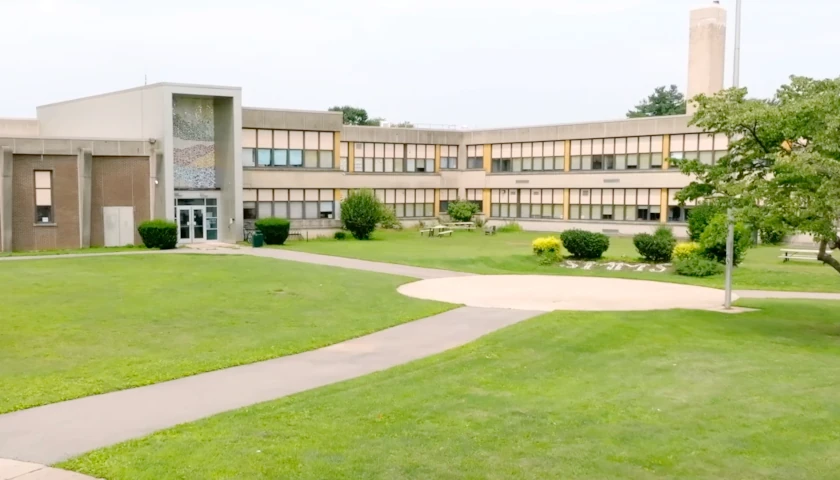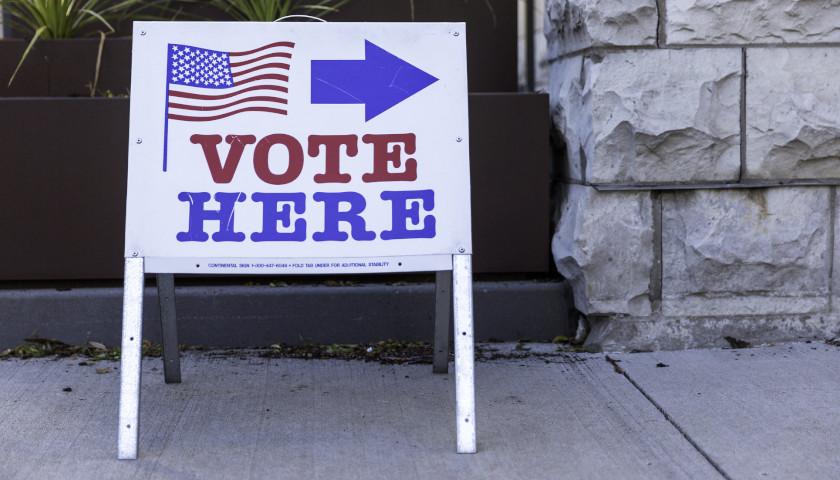by Anthony Hennen
Pennsylvania has a new law that bans “scholarship displacement,” a practice where universities reduce financial aid to students when they receive an outside scholarship.
University officials said they already do not displace outside scholarships unless required to do so by law. However, critics do not believe them.
Act 55, signed into law by Gov. Tom Wolf in July, prohibits public universities from reducing financial aid – except for two reasons. If a student’s total financial aid is more than cost of attendance, or if the rules of an athletic association restricts a student-athlete’s financial aid, universities can displace scholarships.
Displacement, which colleges also call an “over-award,” is a common practice nationally, as noted by a February 2020 Pennsylvania House Education Committee memorandum. Some research estimates 20% to 50% of scholarships get displaced in higher education.
A few states have started to address the practice. Maryland passed the first law against scholarship displacement in 2017 and New Jersey passed a similar bill in 2021. The state of Washington also passed a similar law in May.
A spokesman for the Pennsylvania State System of Higher Education said PASSHE only displaces scholarships when the law requires it.
“State System universities already allow students to keep institutional financial aid when the student receives a private scholarship,” said Kevin Hensil, director of media relations for PASSHE. “An exception is when the student’s scholarship funds combined with their state and federal aid exceeds their cost to attend the university. In those cases, federal regulations require the institutional aid to be reduced so total aid matches the cost, and the student is not negatively affected.”
Not many colleges make it plain that displacement could happen. Shippensburg University, for example, makes it explicit to students that their financial aid award could change when they receive an outside scholarship.
However, legislators and scholarship providers routinely hear examples of Pennsylvania colleges – public and private – displacing scholarships.
“I’ve asked some folks with a lot more knowledge of this, does X Y Z school do this? — some of which have been PASSHE schools — and the answer’s always ‘absolutely,’ including the state-related (universities),” said Rep. Torren Ecker, R-Abbottstown. “Not trying to single any other school out, but it’s my understanding this was something that a lot of these universities were engaging in, almost across the board.”
Ecker noted that one of his interns from the University of Pennsylvania, when learning of the bill, said it happened to him, too.
One community foundation leader involved in awarding scholarships to students was more direct.
“They’re lying,” said Ralph Serpe, president and CEO of the Adams County Community Foundation. “The short answer is yes they do it, and it’s usually the big August surprise.”
Recent state laws aren’t coming out of nowhere, he noted.
“There’s a reason why this legislation is passing – because it’s happening,” Serpe said.
Scholarship providers get worked up about displacement because of donor intent.
“We represent donors who want to close the gap between what a student and their family has, and what they need,” Serpe said. “Displacement makes all that go away. It turns into unrestricted financial aid for the colleges to move around.”
The consequences of displacement are also more likely to hit students who are less well-off.
“The young people who are getting scholarship awards, financial aid awards: they’re low income families, first-generation college students, they don’t know to ask questions,” Serpe said. “It’s unfair, gosh darnit … it just makes me sick.”
He noted that the Adams County Foundation now sends letters to universities requesting they don’t displace the scholarship and, if they must revise the student’s financial aid, to instead reduce a student’s work-study or loans.
“When that happens, suddenly the scholarship is not displaced because they realize they’re dealing with a scholarship provider who’s watching how the money is applied,” Serpe said.
The problem is many providers aren’t always aware of displacement, or what they can do to prevent it.
“(Colleges) tell you they don’t do it, they tell students it’s against the law for them not to recalculate, and then they tell scholarship providers that these students have received an over-award,” Serpe said. “And the Rotary clubs and the garden clubs and the chambers of commerce, they don’t know to go back to them and say, ‘I think that’s a big bag of bull—.’ It is!”
– – –
Anthony Hennen is a reporter for The Center Square. Previously, he worked for Philadelphia Weekly and the James G. Martin Center for Academic Renewal. He is managing editor of Expatalachians, a journalism project focused on the Appalachian region.





